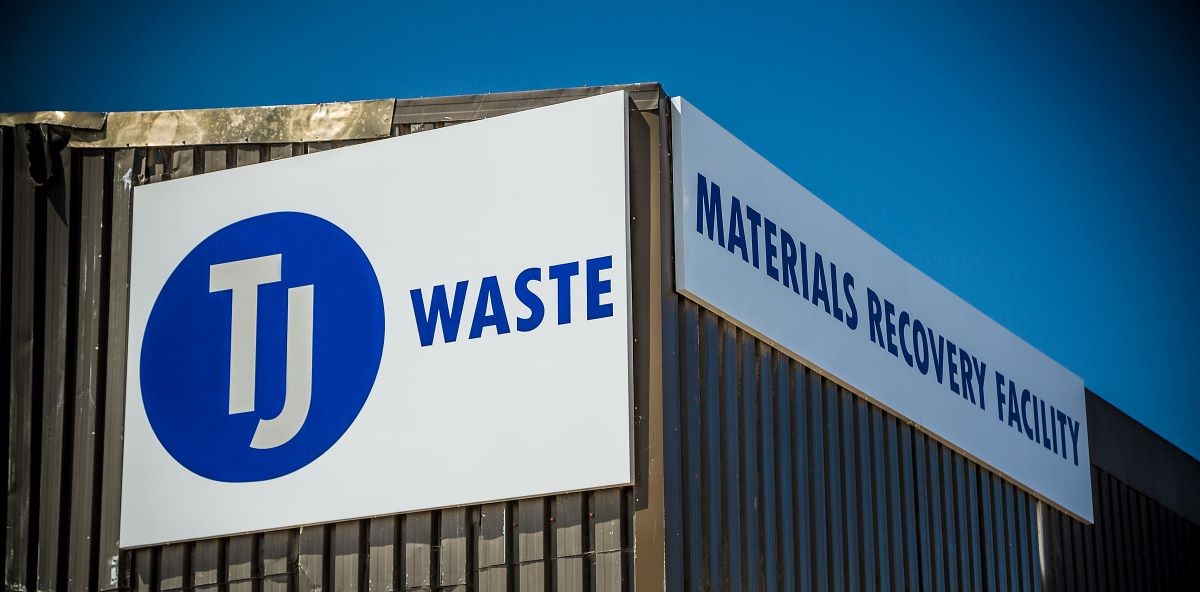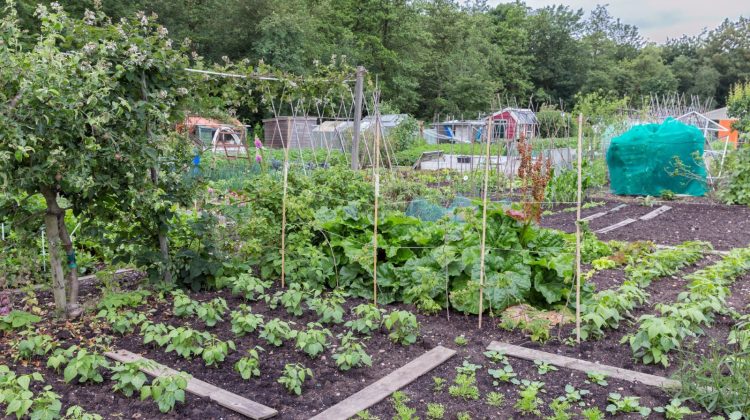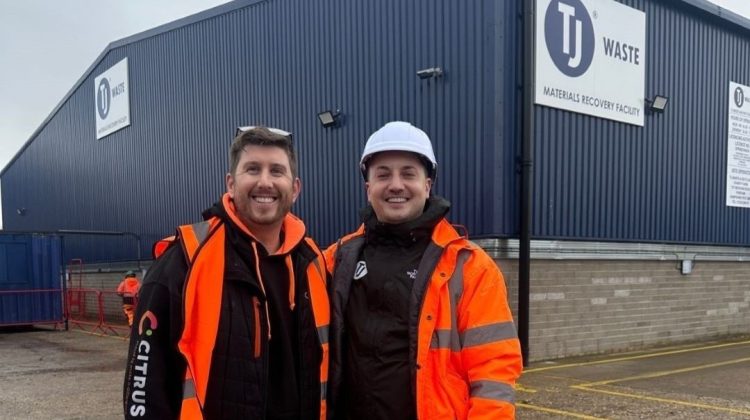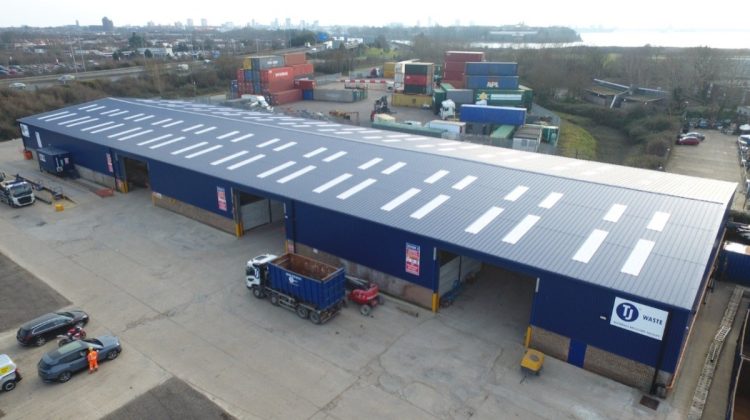Change your stored postcode to update prices for your location.

It’s Global Recycling Day on Saturday 18 March, an annual event established in 2018 by the Global Recycling Foundation. The aim is for people around the globe to come together to recognise and celebrate the importance of recycling in order to preserve our precious primary resources and protect our planet.
Every year, the Earth yields billions of tonnes of natural resources which will run out in the not too distant future.That’s why recycling and reusing absolutely everything we can is vital – we should see opportunity not waste.
Recycling is a key part of the circular economy, helping to preserve our natural resources. Each year the ‘Seventh Resource’ (recyclables) saves over 700 million tonnes in CO2 emissions and this is projected to increase to 1 billion tonnes by 2030.
The mission of Global Recycling Day is to:
1. Tell world leaders that recycling is simply too important not to be a global issue, and that a common, joined up approach to recycling is urgently needed.
2. Ask people across the planet to think resource, not waste, when it comes to the goods around us – until this happens, we simply won’t award recycled goods the true value and repurpose they deserve.
This year’s Global Recycling Day theme is #RecyclingHeroes. This will recognise the people, places and activities that showcase the important role recycling plays in contributing to an environmentally stable planet and a greener future.
WHAT MATERIALS CAN BE RECYCLED?
TOP RECYCLING TIPS
DID YOU KNOW?
RECYCLING STATS
MATERIALS RECOVERY FACILITIES
TJ has four materials recovery facilities dotted along the south coast, two in Portsmouth, one in Southampton and one in Yapton. All the waste we handle goes through one of these facilities, where it is sorted into categories to ensure that as much as possible is recycled or reused.
TJ processes all materials in line with WRAP (Waste and Resources Action Programme) protocol. WRAP’s mission is to accelerate the move to a sustainable, resource-efficient economy by re-inventing how we design, produce and sell products, re-thinking how we use and consume products, and re-defining what is possible through reuse and recycling.
We recycle up to 100% of the waste that comes through our doors, demonstrating our commitment to diverting waste from landfill. Our extensive knowledge of recycling facilities in and outside of Hampshire helps make all this recycling possible. Anything that cannot be recycled is directed down the Energy from Waste route wherever we can.
PLASTIC RECYCLING
Explore our services and get in touch if you’d like to discuss anything with our friendly and knowledgeable team.




Change your stored postcode to update prices for your location.
Notifications